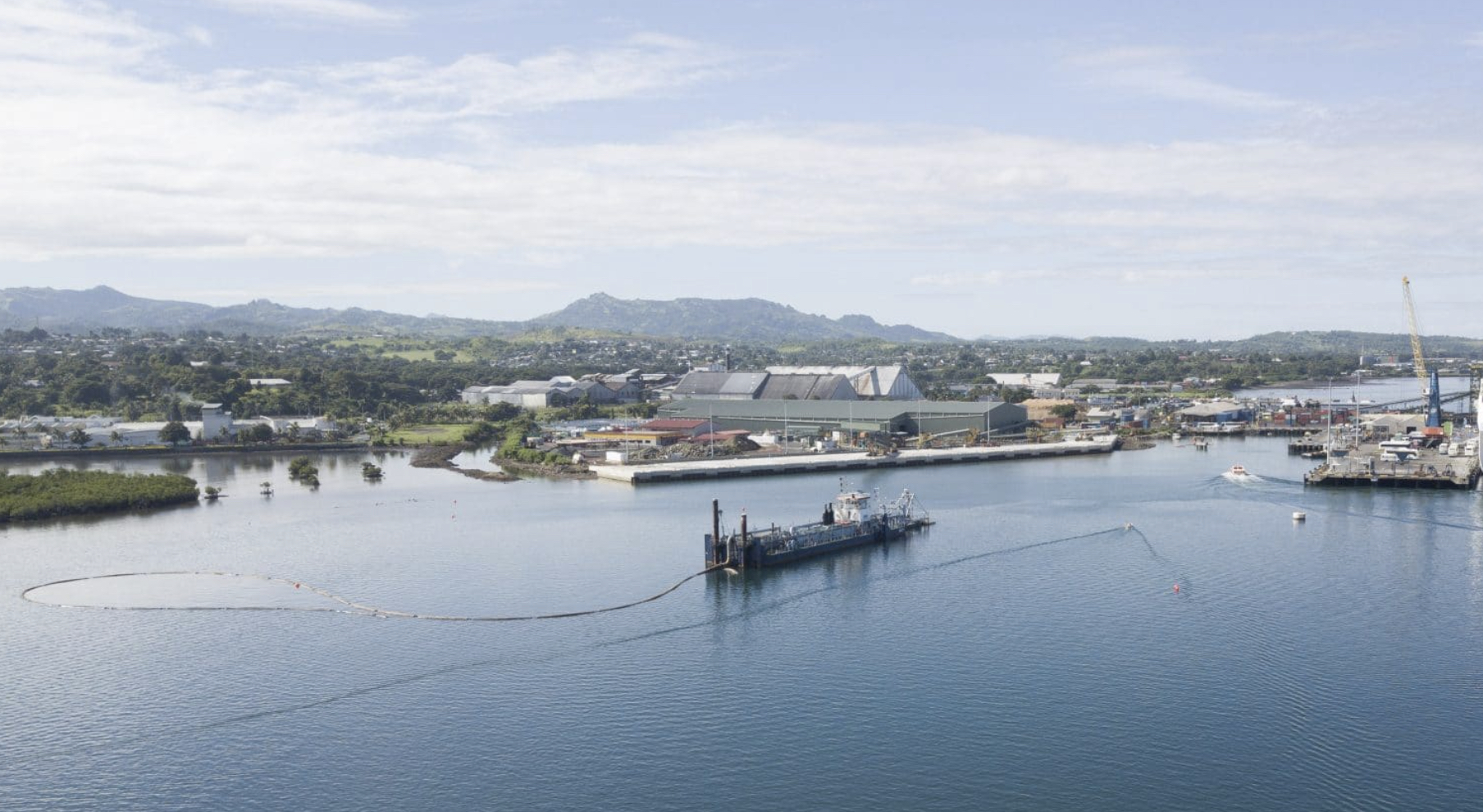The addition of Lautoka Port to the Sea Container Hygiene System (SCHS) brings positive news for Fijian exporters to Australia. According to a press statement from the Australian High Commission in Suva, this initiative will benefit businesses by reducing delays and costs associated with exports from Lautoka.
Under the SCHS, sea containers are cleaned at recognised SCHS facilities before being transported to the port for hygienic storage until they are loaded in compliance with the required protocols. By maintaining ongoing compliance, the need for external sea container inspections upon arrival could be reduced to as low as 5 percent. This will result in cost savings for Fijian businesses and faster container movement at ports.
Michael Bartlett, CEO of the Biosecurity Authority of Fiji (BAF), expressed his support for the announcement and mentioned the efforts made by BAF to extend the SCHS to Lautoka Port and enhance processes for exporters, according to media reports. The SCHS has already been successfully implemented at the Port of Suva, leading to a 95 percent reduction in container inspections into Australia in recent years and reduced costs for Fijian exporters. BAF aims to extend these benefits to the Port of Lautoka while collaborating with the Australian Government to explore additional ways to facilitate trade while managing biosecurity risks.
Stuart Watts, Australia’s Charge d’Affaires in Fiji, was cited in the media as emphasising that supporting increased trade between Australia and Fiji is an important aspect of the Vuvale Partnership. He commended the Biosecurity Authority of Fiji and port authorities for their hard work in securing this accreditation, stating that this improvement will enable high-quality Fijian exports to reach Australian shelves more quickly and with lower costs for exporters.
Vera Chute, President of the Fiji Australia Business Council, also welcomed the announcement, as the council has been advocating for improvements in container processing times for Fijian exports.
The SCHS is a voluntary biosecurity agreement developed by the industry in collaboration with the Australian Department of Agriculture, Fisheries and Forestry, and New Zealand’s Ministry for Primary Industries.



